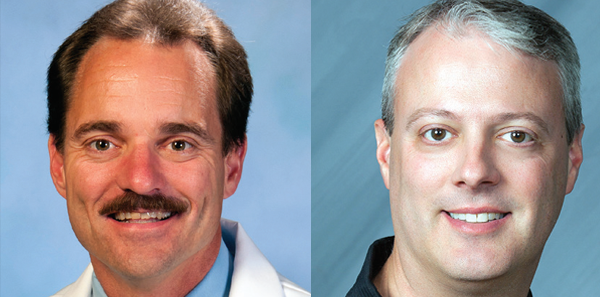
KK: But no one was contracted with Summa before the expiration of their contract. Is that correct?
Explore This Issue
ACEP Now: Vol 36 – No 02 – February 2017DS: Their contract expired on the 31st. They first reached out to us on the 24th. On the 27th, they said, “We would like a proposal for how you would take over on the 31st if you can,” and they sent that proposal to two other national groups.
KK: From your perspective, do you think they were still negotiating in good faith with SEA at that point?
DS: Absolutely. From what it said in the papers, there were offers to SEA as late as the afternoon of New Year’s Eve. What was reported in the paper last week was that they were offered a five-year contract or an extension to continue to negotiate, and SEA refused both and walked out at midnight. On the 29th, Summa told us, “If we have to do this, we’re going to do it with you.” They told us verbally they would work with USACS if they still couldn’t negotiate, but they were still negotiating. It wasn’t until the 31st that they said, “SEA has refused our offer of extension, and has refused the contract terms that we’ve given to them. You guys need to start tonight.”
KK: How would you respond to the criticism that you, as a large group, came in and displaced one of the few remaining independent groups in the area?
DS: We would have wanted to do it differently. We encouraged the hospital to continue to try to get an extension for the sake of the residency and the rapidity of the transition and the disruption that could cause, fully knowing that doing so might have led to SEA working it out. I really don’t see us as having displaced them. I see us filling a void. They left, and there was no one there if we didn’t go in.
KK: What resources or expertise does your group have to run or support a residency training program?
DS: We either run or are involved in supporting nine other residency programs across the country. We have a lot of resources in the way of faculty and teaching physicians, and we are bringing all of those resources to bear to support and to continue this really tremendous training program at Akron, which has a great reputation and a great history.
KK: Some have raised issues about patient safety, electronic medical record (EMR) proficiency by the physicians, even the physicians being non-residency trained and/or board-certified in emergency medicine. Can you clarify?





No Responses to “The Summa Transition, Directly from the Principals”